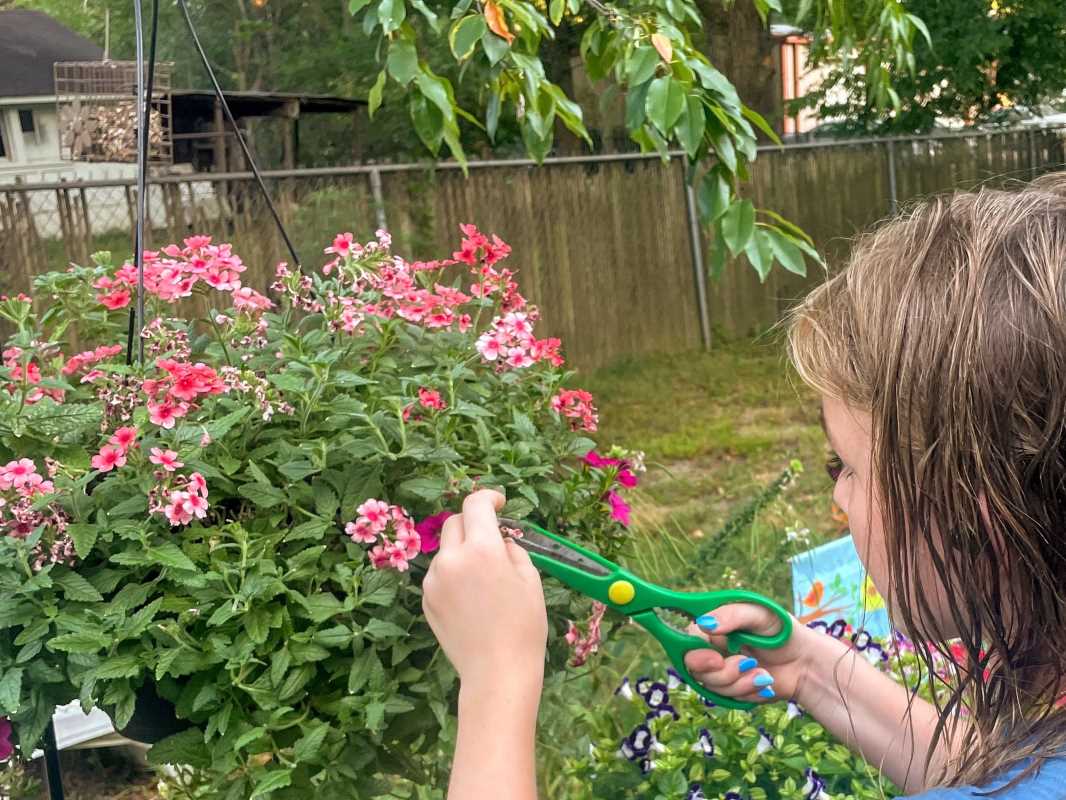Reconnecting with a child after disownment is a daunting climb fraught with emotional landmines and deep-seated pain. Disownment isn't a trivial matter; it often stems from explosive conflict, profound misunderstanding, or deeply ingrained hurt, leaving both the parent and child with scars that don't easily fade. Yet, the desire to repair this broken relationship is a critical step towards healing, requiring an unwavering commitment.
Understanding the Emotional Fallout
Before you even think about reaching out, face the emotional turmoil that disownment has caused. Disownment can shatter a child’s sense of security, making them feel abandoned, unloved, and betrayed. Meanwhile, parents often deal with guilt, regret, and an aching need to mend the bond. Recognizing these emotions is not optional; it's essential. Only by confronting these feelings head-on can reconciliation be approached with the depth of sensitivity and empathy required.
Strategies for Making Amends
- Offer Unreserved Remorse: Begin by confronting the pain your actions have caused. A sincere apology isn't just nice—it's necessary. It must convey your readiness to own up to past wrongs. Expressing authentic remorse is crucial in showing your child that you understand the weight of your decisions and are genuinely committed to making things right.
- Own Your Mistakes: Don't sidestep or dilute your responsibility. A frank admission of your role in the conflict is non-negotiable. Avoid deflecting blame or making excuses. Instead, focus on understanding and rectifying the issues that led to such a drastic estrangement.
- Exercise Patience: Rebuilding isn't instantaneous. Your child may not rush back into your arms—and they shouldn’t be expected to. Allow them the time and space to process their emotions and come to terms with your attempt to reconnect on their terms.
Listening and Understanding
- Listen Without Defensiveness: When your child is ready to speak, zip it. Listen—truly listen—without defending your actions. Show them that their perspective is not just heard but valued. Active listening means acknowledging their feelings and validating their experiences, regardless of how uncomfortable it might be for you.
- Empathize Deeply: Empathy is your ally in this process. Dive into their emotional world and strive to comprehend the pain they have endured. Seeing things from their viewpoint is crucial to establishing mutual understanding and respect.
- Respect Their Boundaries Relentlessly: Respect is the cornerstone of any healthy relationship, especially when rebuilding one that's been shattered. Let your child dictate the terms of how much they share and when. Pushing them can severely damage the fragile trust you’re trying to rebuild.
Rebuilding Trust
- Be Consistently Reliable: Trust isn't earned with grand gestures but through steady, consistent actions over time. Keep your promises, show up, and be a reliable presence in your child's life. This is how faith in the relationship is slowly restored.
- Foster Open Communication: Create an environment where honesty is paramount. Share your thoughts and feelings candidly, and encourage your child to do the same. Transparency is vital in dismantling barriers and laying a new foundation of trust.
- Be an Unwavering Source of Support: Show your child that you stand firmly by their side. Celebrate their successes and be their cheerleader. This demonstrates your commitment to a positive and nurturing dynamic.
Crafting a Supportive Environment
- Navigate Triggers Carefully: Be acutely aware of topics or situations that might provoke negative emotions in your child and steer clear of them. Focus on cultivating a safe and encouraging environment for interaction.
- Create Shared Experiences: Engage in activities that you both enjoy. Shared experiences can help mend the bond and forge new, positive memories that outshine the shadows of past conflicts.
- Seek Professional Help: Sometimes, external help is necessary. A family therapist or counselor can offer invaluable insights and tools to facilitate healing and enhance communication.
While reconciliation may be a long, arduous road, the potential for healing and rebuilding a loving relationship makes the effort indispensable. By approaching this process with sincerity and compassion, parents can make meaningful strides toward repairing the bond with their child, paving the way for a future replete with understanding, respect, and love.
 (Image via
(Image via





